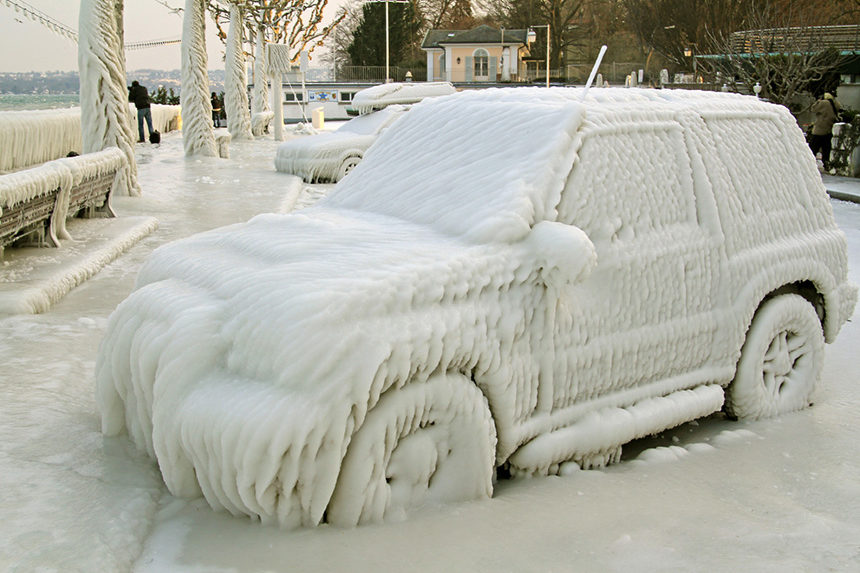Managing editor and logophile Andy Hollandbeck reveals the sometimes surprising roots of common English words and phrases. Remember: Etymology tells us where a word comes from, but not what it means today.
As the days get colder and colder, many of us start our mornings silently wishing we had a chauffeur, maybe not even to drive us to work, but at least to venture out in the frigid air and warm up the car. Both acts, it turns out, are historically within the purview of chauffeurs.
The word chauffeur, you probably have guessed, comes from French. Specifically, it relates to the verb chauffer, meaning “to heat,” and chauffeur meant “one who heats” — literally a “stoker.” The first chauffeurs worked on railroads and steamships; their job was to keep the steam engine hot and running. Some of the first automobiles were steam-powered, too, and chauffeurs were employed to keep them running as well.
Employed is an important word there: These early French automobile chauffeurs worked with other people’s cars, sometimes not only maintaining the engines but actually driving the cars’ owners around town. As gas-powered engines became the norm, chauffeurs were no longer needed in their original stoking sense, but they did stay on as drivers, and their title stayed with them. And it was this sense that the word carried with it when it was borrowed into English in the late 19th century.
Chauffer and chauffeur trace their roots back to the Latin calere “to be warm,” making them etymological relatives of words like chafe, cauldron, calorie, chowder, and even nonchalant, some of which I may take a closer look at in later columns.
But for now, I’ll continue to trudge out into the cold morning on my own, sit in my cold car as the engine warms, and fight the urge to order up a nice toasty Uber.
Featured image: Pixelcruiser / Shutterstock.
Become a Saturday Evening Post member and enjoy unlimited access. Subscribe now




Comments
Don Poulsen: No, the engine doesn’t need to be warmed up, but as my red nose and trembling fingers will attest, the interior sure does.
Modern car engines do not need to be or even should be warmed up before you start driving. But I’ll allow you some literary license.
Fo’ sure, a chauffeur would be nice at times.
WHAT an opening photo; yikes!! It could be the official SUV for the Hotel de Glace Todd Pitock wrote about last year for the Post. Interesting origin on the word chauffeur. Despite traffic and other aggravations, today’s chauffeurs (I believe) have it quite a bit easier overall than their counterparts of long ago.